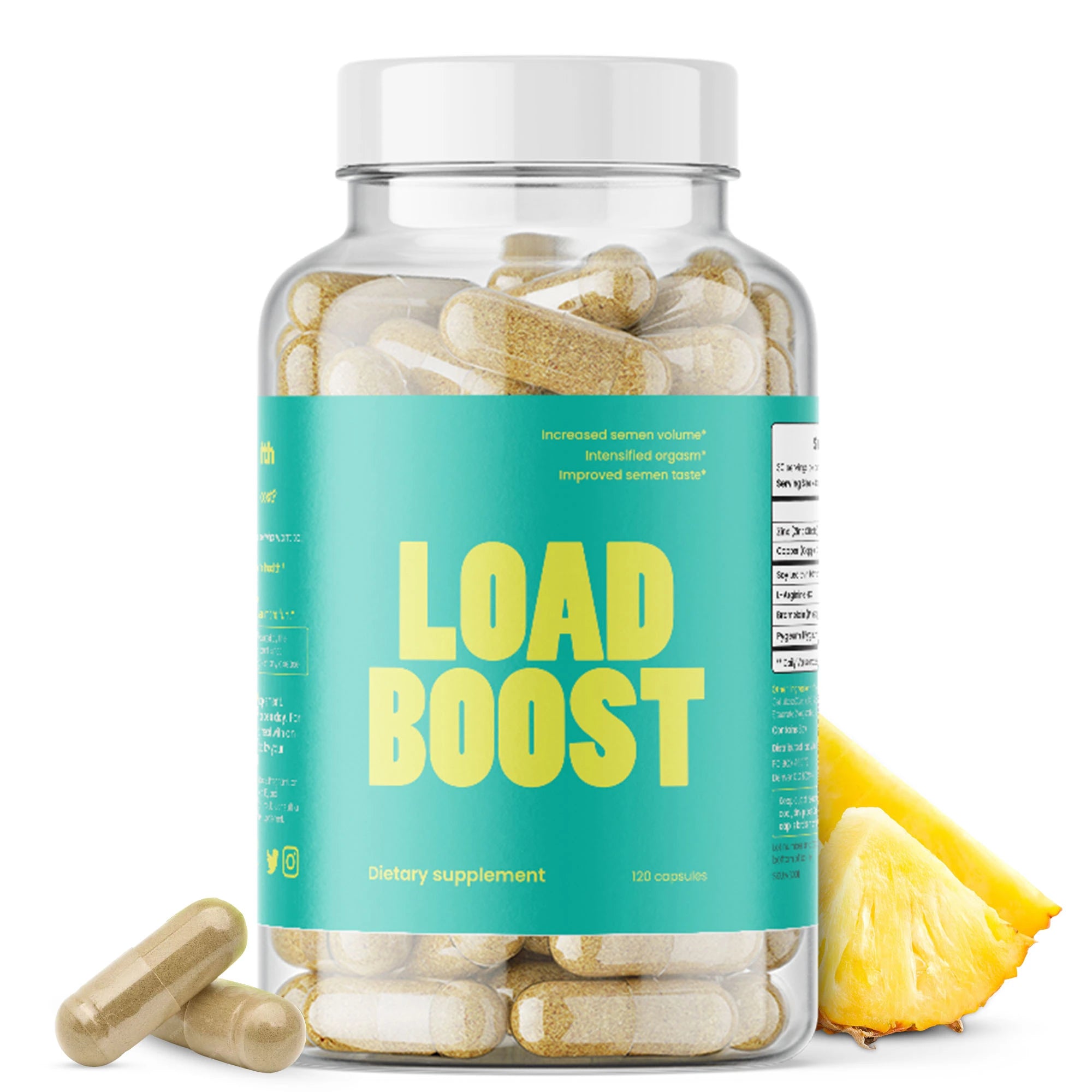From a strictly biological and ethical standpoint, the query about whether semen is vegan warrants genuine exploration. The essence of veganism lies in abstaining from the use or exploitation of animals, particularly regarding diet and consumption. Since humans are animals biologically classified within the animal kingdom, does that mean human-derived bodily fluids, such as semen, conflict with vegan philosophy?
According to renowned vegan organizations such as The Vegan Society, veganism involves rejecting animal products derived through exploitation or cruelty. The critical distinction here involves consent and ethical considerations: products from non-consenting animals (like dairy milk or honey) differ fundamentally from consensually exchanged human bodily fluids. Notably, Dr. Anne Marie Van Dijk, a vegan ethicist, remarks, "Veganism centers on avoiding harm, exploitation, and commodification of animals. Human consent effectively differentiates semen from conventional animal-derived products" (Vegan Society, 2022).
The Ethical Perspective: Consent and Exploitation
One significant ethical argument highlighting why semen might be considered vegan-friendly relates to consent and exploitation. Semen, provided willingly by consenting adults, lacks the exploitation inherent in acquiring traditional animal-based products. Unlike dairy milk, eggs, or honey—which often involve clear exploitation or manipulation of animals incapable of consent—human sexual activities typically involve informed and mutual agreement between participants.
Rebecca Jones, a vegan ethicist writing for Ethical Vegan News, emphasizes, "Consent and willingness differentiate human-produced fluids from animal-derived commodities. Vegans avoid products that involve exploitation, suffering, or lack of consent—none of which apply to consensual human semen exchange" (Ethical Vegan News, 2021). From this ethical lens, the vegan position regarding semen becomes clear: consensual sexual activity and fluid exchange between humans does not inherently violate vegan principles.
Nutritional Composition and Biological Considerations
Looking at semen scientifically, it primarily consists of water, fructose sugars, minerals, amino acids, proteins, and trace vitamins. Some men employ tactics to increase semen volume, but on average it contains roughly 5 to 7 calories per ejaculation, making its nutritional contribution minimal (Journal of Andrology, 2020). The urban legend of semen containing high amounts of protein is simply not true. Studies published by the American Journal of Clinical Nutrition (AJCN) confirm semen's negligible dietary impact, emphasizing it does not represent a significant nutritional source for humans.
Semen contains trace nutrients beneficial for reproductive health, including zinc, magnesium, calcium, vitamin C, and citric acid. Despite these minor healthful components, the nutritional impact remains too negligible to position semen as a health food source. Its minimal nutritional value neither disqualifies nor qualifies semen as vegan or non-vegan, reinforcing that the ethical consent and exploitation criteria ultimately decide its vegan status (AJCN, 2020).
Cultural Considerations and Public Opinion
Beyond biology and ethics, cultural perspectives significantly influence public opinion surrounding semen consumption and its vegan classification. A recent online survey conducted by VegNews involving over 3,000 respondents found 86% of self-identified vegans considered consensually exchanged bodily fluids like semen vegan. Only 7% viewed it as ethically problematic, while the remaining respondents expressed neutrality or uncertainty (VegNews, 2023).
Research from cultural anthropologist Dr. Lorna Anders suggests public attitudes toward semen are rapidly evolving as veganism becomes more mainstream. "The cultural discourse increasingly distinguishes clearly between animal-derived and human-derived products," Dr. Anders explained. "There is growing consensus among vegan communities that consensual human fluids are ethically acceptable" (Cultural Anthropology Review, 2023).
Determining if semen is vegan involves understanding veganism beyond simplistic dietary definitions. Ethical considerations of exploitation, consent, and harm serve as central benchmarks. Consensus among prominent vegan ethicists and the broader vegan community indicates consensual human semen exchange aligns with vegan ethics, marking it unequivocally vegan-friendly.
Sources:
- The Vegan Society (2022). "Understanding Veganism: Ethical Foundations."
- Ethical Vegan News (2021). "Ethics of Consent and Human Fluids."
- Journal of Andrology (2020). "Nutritional Composition of Human Semen."
- American Journal of Clinical Nutrition (2020). "Human Semen's Minimal Nutritional Impact."
- VegNews (2023). "Survey Report: Vegan Views on Human Fluids."
- Cultural Anthropology Review (2023). "Evolving Cultural Perceptions on Veganism and Human Fluids."
- https://pmc.ncbi.nlm.nih.gov/articles/PMC10027313
- https://pmc.ncbi.nlm.nih.gov/articles/PMC7613518/




